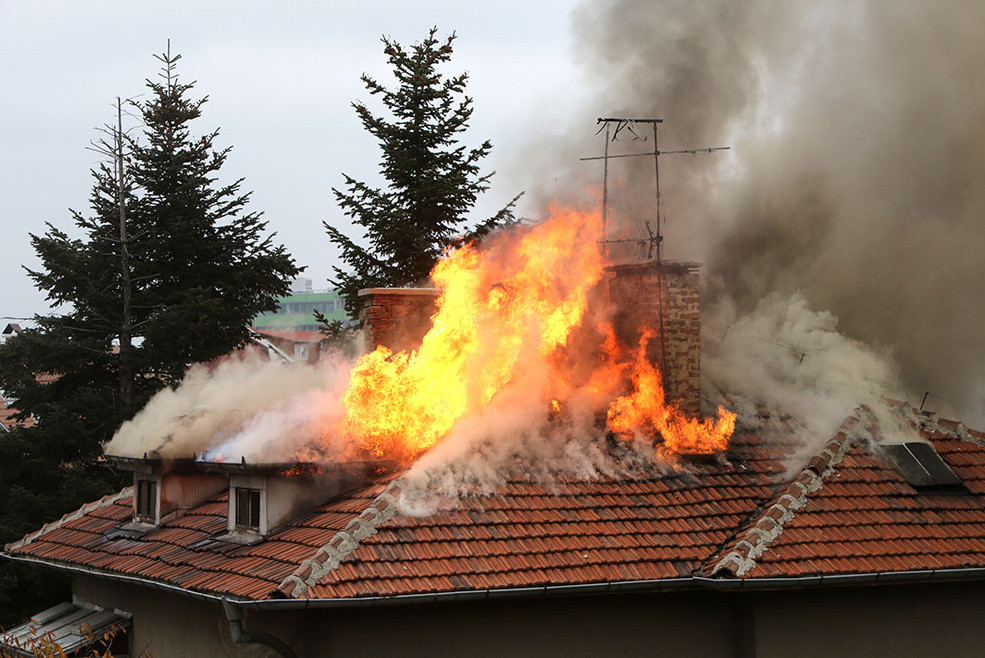Fire damage never ends nicely, even if you react fast. The resulting smoke and soot damage will cause even more losses. Moreover, one thing can lead to another, and even your roof may be affected by the blazing flames. Fortunately, most insurance companies offer coverage for fire damage. But you need to read your insurance policy if you want to file a claim. ProFloridian Public Adjusters can help you understand everything!
Know Your Fire Coverage
The first step to filing a fire damage claim is reading your insurance policy. There are significant differences between the various policies issued by insurance companies. Did you know that some fire coverage policies exclude certain perils related to damage? Insurance adjusters will also assess whether you’ve accomplished your homeowner’s obligations in preventing the spread of the fire. If you haven’t, then they can void your claim.
Below, you’ll find a couple of essential insurance policy terms explained. These should help you make an informed decision about your fire damage. Alternatively, you can hire a public adjuster from ProFloridian Public Adjusters. Our experts can clear all your confusion and file your claim quickly!
Covered Perils
In the “Perils” category, we can have hurricanes, water, fire, mold, hail, and so on. These are all potential causes for home damage the insurance policies offer coverage for. Now, your policy could offer the All Risks coverage, also known as Named Perils or Open Perils coverage. In this case, the policy provides coverage for any peril other than the ones specifically excluded.
RCV And ACV
The payout you receive from your insurance companies can differ based on whether your policy offers Replacement Cost Value or Actual Cash Value. RCV means the payout will only subtract the deductible but not the depreciation of the property due to wear and tear. ACV is different because it subtracts both the depreciation and the deductible from your replacement value.
What About Deductibles?
The deductible is the amount of money you pay to repair your home. The insurance company is supposed to provide the difference to the total repair amount. However, you’ll need to prove you paid the deductibles before receiving the payout from the insurance company.
What Is a Damage Exclusion?
Most homeowner’s policies contain peril exclusions. These refer to types of damage that the policy doesn’t cover. It’s important to know what your policy doesn’t cover so you can better prepare for unexpected events. Thankfully, fire damage is one peril covered by most policies.
What Do I Do in Case of Fire Damage?
When fire damages your home, you should also worry about the smoke, soot, potential roof damage, and other perils. In other words, there are many things to consider when filing a fire damage claim. You’ll need to try and prevent any more damage from occurring after noticing the initial fire damage. Mitigate the fire source as soon as possible!
When it comes to fire damage claims, ProFloridian Public Adjusters has the most experience and expertise. We’ll be with you every step of the way, from assessing the damage to calculating the repair costs and even filing the claim. We won’t let you down and stick with you until the end.
Do you need help with a Fire Damage claim? Our fire damage public adjusters in Florida are always ready to assist you. We want you to return to a normal life sooner rather than later. So, if you need us, call (954) 588-7416 or complete the online form for direct guidance on filing a fire damage claim. It’s never too late to contact us!

